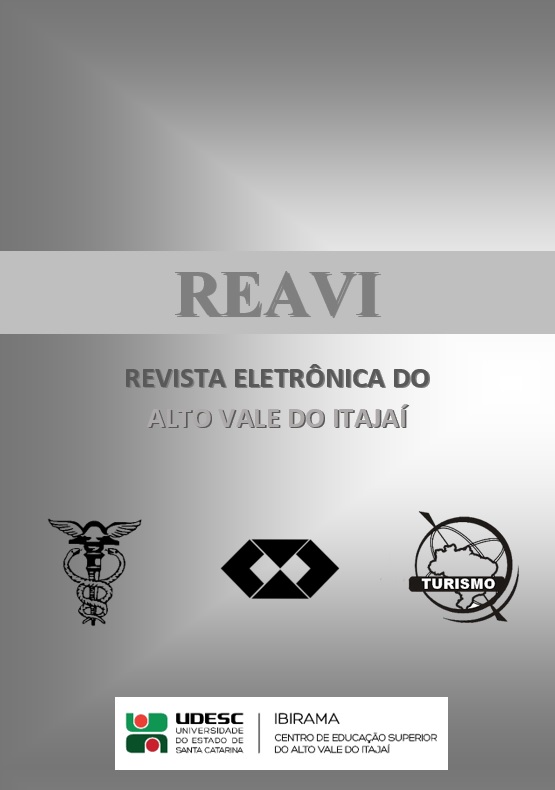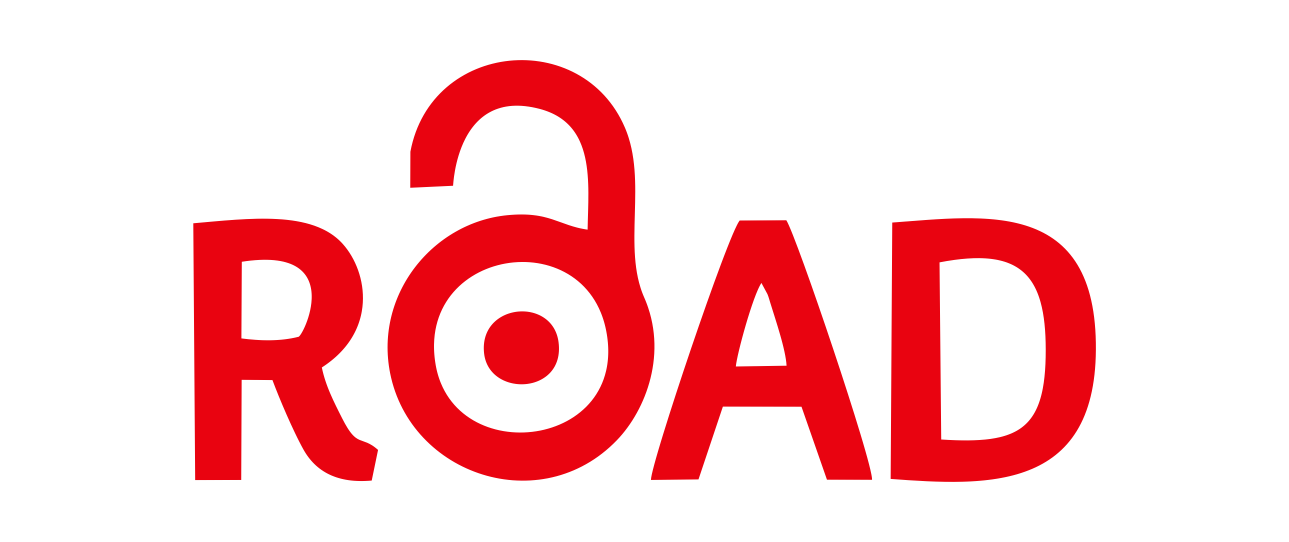Behavior of university students from public and private institutions in relation to the use of social networks: a comparative study
DOI:
https://doi.org/10.5965/2316419009142020055Keywords:
Social Networks, Consumer Behavior, Online Shopping, E-CommerceAbstract
Nowadays social networks are a way of expressing themselves; few people have had them, however that ended up changing, and nowadays they have become a requirement, being used even by companies and becoming a competitive differential. The objective of the study is to analyze how social networks influence the behavior and buying attitude of university students from a public and a private institution. It was carried out by means of a bibliographic research and, regarding the methodology used, it is considered a quantitative study, by means of non- probabilistic sampling and by quotas in two higher education institutions, one public and the other private, with 100 university students. The main findings indicate that 70% of academics agree that social networks facilitate contact with the product; likewise, 70% consider it important that companies have social networks. On the other hand, 49% agree that social networks influence the time of purchase; and for 47% the stores offer sales facilities through them. Although, for 29% of academics, the security offered by social networks has only 29% approval, and only 15% believe that the quality of the product is the same as described on social networks. Finally, among the most used social networks for purchase are Whatsapp (48%), followed by Facebook (34%) and, lastly, Instagram (14%). As a contribution, it was possible to understand the behavior of academics, which is a young and more connected audience, what can help organizations create specific strategies according to the characteristics of this group.
Downloads
References
ARCE, Yuri Fernando Simões et al. Modelo de Rede Social Virtual para Inclusão Digital e Social. Renote, [s.l.], v. 16, n. 1, p. 1-9, 21 ago. 2018.
AAKER, KUMAR, DAY, de Pesquisa Marketing. São Paulo: Atlas, 2001.
ARAÚJO, Gislene Freitas e RIOS, Riverson. Estratégias do Marketing Político Digital aplicadas à campanha presidencial de Barack Obama. Universidade Federal do Ceará, Fortaleza, 2010.
BLACKWELL, R. D.; MINIARD, P. W.; ENGEL, J. F. Comportamento do consumidor. 9. Ed. São Paulo: Cengage Learning; 2013.
BRITO, Bianca Camila Xavier; NASCIMENTO, Ademir Macedo; LOPES, Charlie Silva. O Uso das Redes Sociais Virtuais no Relacionamento com o Cliente: um estudo sobre as empresas de moda em Recife. Gestão. Org, v. 16, n. 3, p. 258-263, 2018.
COBRA, Marcos. Administração de Marketing. São Paulo: Atlas, 2011.
FLICK, Uwe. Introdução à metodologia de pesquisa: um guia para iniciante. São Paulo: Penso Editora, 2012.
GIL, Antônio Carlos Como elaborar projetos de pesquisa. 6. ed. São Paulo: Atlas, 2017. GIGLIO, E. M. O comportamento do Consumidor. 4. ed. São Paulo: Cengage Learning, 2010. GOBÉ, Marc. Publicidade não é o final da comunicação, mas o início da conversa. 2012. Disponível em: http://www.marketingdeconteudo.com.br/comportamento-do-consumidor-digital/publicidadenao-e-o-final-da-comunicacao-mas-o-inicio-da-conversa/. Acesso em: 30 set. 2019.
GOMES, C, F.; REIS, H, M. Marketing Digital: sites x redes sociais no Brasil. Revista interface Tecnológica da Fatec. Taquaritinga. 2016.
HUTTER, K., HAUTZ, J., DENNHARDT, S., e FÜLLER, J. (2013). The impact of user interactions in social media on brand awareness and purchase intention: the case of MINI on Facebook. Journal of Product & Brand Management, acessado dia 30 de setembro de 2019.
JENKINS, Henry. Cultura da Conexão: criando valor e significado por meio da mídia propagável. São Paulo: Aleph, 2014.
FERREIRA, João Batista; FERREIRA, Maicon Figueiredo. A Utilização do Marketing Digital em uma Empresa Prestadora de Serviços. Revista da Universidade Vale do Rio Verde, v. 16, n. 2, 2018.
KOTLER, Philip, ARMSTRONG, Gary, Princípios de Marketing. 15 ed. São Paulo: Pearson Education do Brasil, 2015.
KOTLER, Philip, KELLER, Kevin Lane. Administração de Marketing. 12a Edição. São Paulo: Prentice Hall, 2010.
LIMEIRA, Tania M. Vidigal. E-marketing. 2. ed. São Paulo: Saraiva, 2010.
MARTELETO, Regina Maria. Análise de redes sociais: aplicação nos estudos de transferência da informação. Ciência da Informação, Brasília, v. 30, n. 1, p. 71-81, jan./abr. 2001.
MOREIRA, Rodrigo. Redes Sociais e seu Impacto no Comportamento Humano. 2017. Disponível em: https://www.profissionaisti.com.br/2017/06/redes-sociais-e-seu-impacto-no-comportamento-humano/. Acesso em: 27 ago. 2019.
MORENO, Diego Domingues; LOPES, Evandro Luiz. Programas de fidelidade: fronteiras atuais e futuras direções. Desafio Online, v. 6, n. 2, 2018.
OKADA, Sionara; Ioco, SOUZA, Eliane Moreira Sá de. Estratégias de marketing digital na era da busca. Revista Brasileira de Marketing, São Paulo, v. 10, n. 1, p 46-72, jan./abr. 2011. Disponível em:. Acesso em: 20 jul. 2019.
PEÇANHA, Vitor. Marketing Digital: O que é isso, afinal? Marketing de Conteúdo. Dezembro, 2014. Disponível em: Acesso em: 10 set. 2019.
PETER, P. J.; DONNELLY, J. H. JR. Introdução ao marketing: criando valor para os clientes. São Paulo: Saraiva 2013.
RECUERO, Raquel. Redes sociais na internet. Porto alegre: sulina, 2011.
RIBEIRO, Lucyara (org). Marketing social e comportamento do consumidor. São Paulo: Pearson Education Brasil, 2015.
SIEGEL, Sidney; CASTELLAN, Jr, N. John Estatística Não Paramétrica para as Ciências do Comportamento. Artmed-Bookman. São Paulo, 2017.
SILVA RABELO, Maria Helena; MESQUITA, Darlene Faria. Comportamento do consumidor: a influência da marca no processo decisório de compra em uma concessionária de veículos leves em uma cidade do centro-oeste de minas gerais. Revista Acadêmica Conecta FASF, v. 3, n. 1, 2018.
SOARES, R, F.; MONTEIRO, R.; PLINIO, R.; Marketing digital e marketing de relacionamento: interação e engajamento como determinantes do crescimento de páginas do Facebook. NAVUS - Revista de Gestão e Tecnologia, vol. 5, núm. 3, julho-setembro, 2015.
SOLOMON, Michael R. O comportamento do consumidor: comprando, possuindo e sendo. 9. Ed. Porto Alegre: Bookman, 2011.
THE STATISTICS PORTAL. Number of Facebook users in Brazil from 2014 to 2019 (in millions). Disponível em: http://www.statista.com/statistics/244936/number-of-facebook-users-in-brazil/ >. Acesso em: 22 4 2020.
TOMAÉL, Maria Inês; ALCARÁ, Adriana Rosecler; CHIARA, Ivone Guerreiro di. Das redes sociais à inovação. Ciência da Informação, [s.l.], v. 34, n. 2, p. 93-104, ago. 2005.
Downloads
Published
How to Cite
Issue
Section
License
Copyright (c) 2020 REAVI - Revista Eletrônica do Alto Vale do Itajaí

This work is licensed under a Creative Commons Attribution 4.0 International License.
Brazilian Journal of Accounting and Management offers free and immediate access to its content, following the principle that providing scientifical knowledge in a free manner promotes a better world democratization of knowledge. Authors maintain copyright of articles and grant to the journal the rights of the first publication, according to the Creative Commons Attribution licensing criteria, which allows the work to be shared with initial publication and authorship recognition. These licenses allow others to distribute, remix, adapt, or create derived work, even if it is for commercial purposes, provided that the credit is given to the original creation.




















